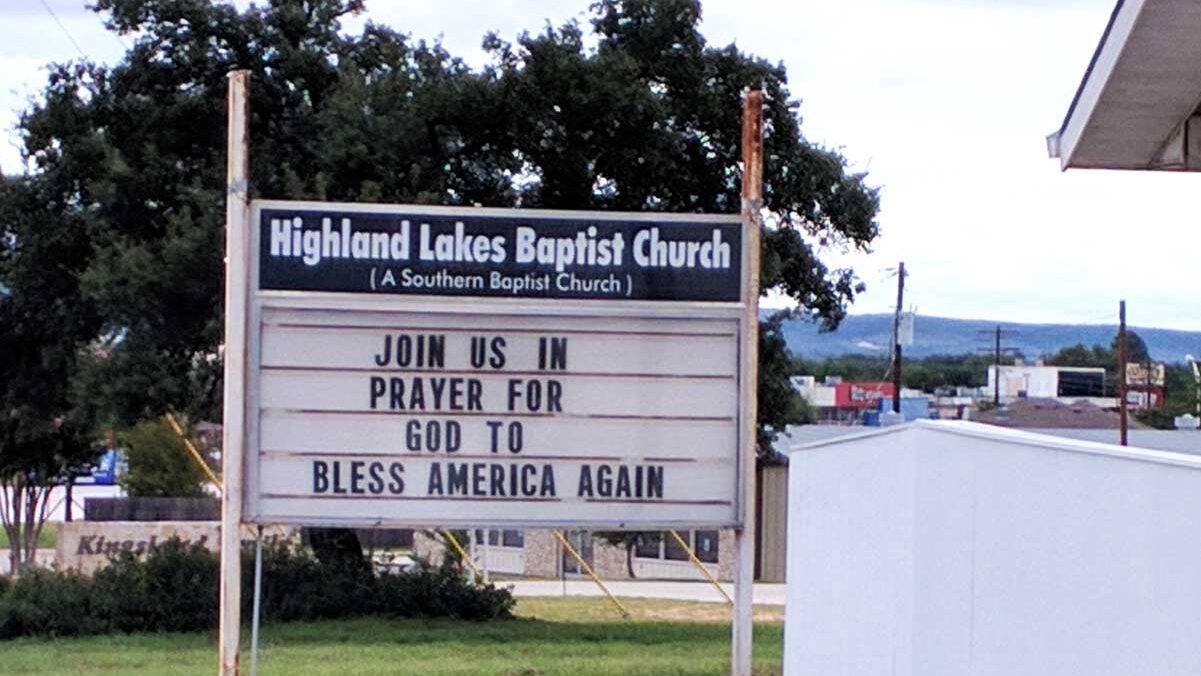Evangelical leaders have increasingly aligned with the leftist ruling class, while many in the pews maintain more conservative views.
Over the past decade, a clear political divide has emerged within American evangelical Christianity. Institutional leaders have increasingly aligned their organizations with the leftist ruling class, while many in the pews maintain more conservative views and resist these shifts. Trump’s recent victory has intensified this balancing act for leaders and further deepened the divide within the movement.
Signaling approval for the left’s cultural dominance while maintaining Religious Right credentials has never been easy. In the 2010s, the strategy was to expand the definition of pro-life to include issues such as racial justice and left-leaning immigration policies. To pick one example among many: McLean Bible Church Pastor David Platt wrote positively, in his 2020 book Before You Vote, about a Christian who cared about the life issue but would not vote for a Republican pro-life candidate. This is the same D.C. beltway pastor who shut down his church for Covid-19 and marched and spoke at a Black Lives Matter-style protest that same year. Platt, along with many evangelical leaders, gave the impression that Christians were expected to push the needle left on a range of issues while pushing right was, at the very least, optional.
Platt’s signaling against Trump — when he essentially apologized to his congregation for the “hurt” he may have caused related to issues like “racial division and injustice” after praying for Trump — was only possible as long as theoretical lip service was paid to pro-life and pro-family issues. This allowed evangelical elites to project an image of transcending the political divide, when they were in fact choosing a side.
Luke-Warm Christian Intellectuals
In 2024, white evangelicals once again voted for the president-elect in large numbers. Yet many individuals who see themselves as the evangelical intellectual vanguard are unable to see why evangelicals would vote for Trump and are reviving the narrative that he poses a threat to Christian values. […]
— Read More: thefederalist.com
What Would You Do If Pharmacies Couldn’t Provide You With Crucial Medications or Antibiotics?
The medication supply chain from China and India is more fragile than ever since Covid. The US is not equipped to handle our pharmaceutical needs. We’ve already seen shortages with antibiotics and other medications in recent months and pharmaceutical challenges are becoming more frequent today.
Our partners at Jase Medical offer a simple solution for Americans to be prepared in case things go south. Their “Jase Case” gives Americans emergency antibiotics they can store away while their “Jase Daily” offers a wide array of prescription drugs to treat the ailments most common to Americans.
They do this through a process that embraces medical freedom. Their secure online form allows board-certified physicians to prescribe the needed drugs. They are then delivered directly to the customer from their pharmacy network. The physicians are available to answer treatment related questions.


